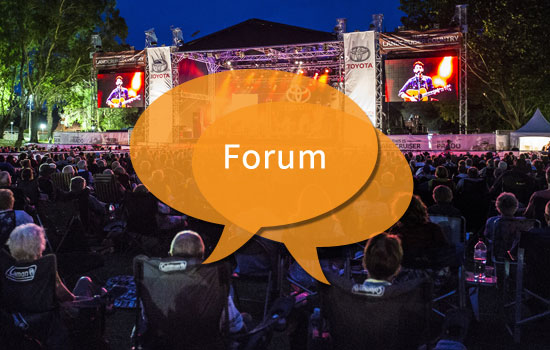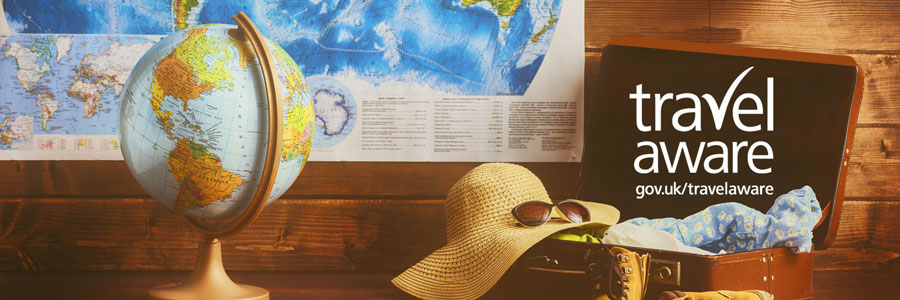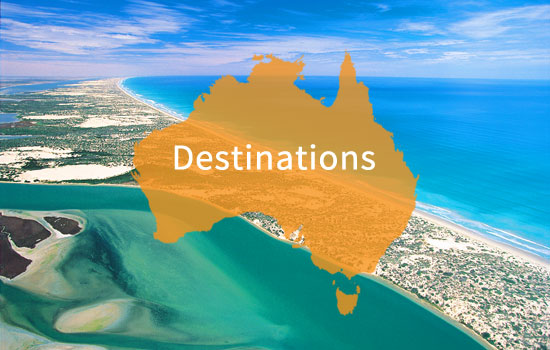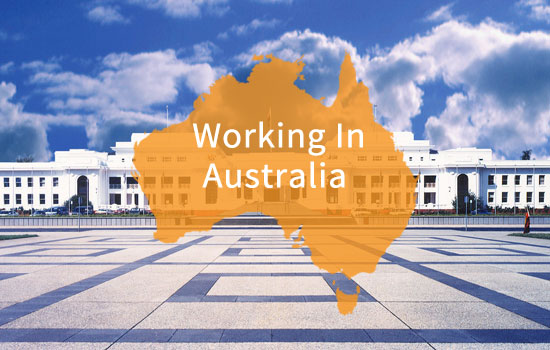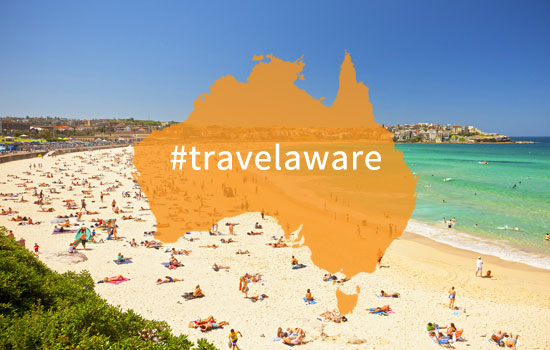Types of Australian Accommodation
Staying in Australia doesn't have to break the bankSurfers Paradise, Qld. Photo credit: Tourism and Events Queensland
Types of Australian Accommodation
The island retreats and top hotels are wonderful if you have the budget. But from shared dorms to a stranger’s sofa, staying in Australia doesn’t have to break the bank.
Hostels
Think hostels and you might think of dirty, dingy places full of noisy beer monsters. Truth is, some are exactly that. But Australia is made for backpackers and there are plenty of good, extremely affordable hostels that are clean, welcoming and a great place to meet like-minded people and share experiences.
At every hostel there’s always someone who’s been staying a while and knows where’s good to eat, drink, visit or find work. This makes hostelling a great source of current information, as well as a cheap bed for the night.
The YHA have over 100 hostels across Australia and offer discounted rates to members. You can find out more here.
- Sleeping: Most hostels offer private rooms (some with en suites) and dorms. Dorms usually sleep 4 as a minimum in bunk beds. There doesn’t seem to be an upper limit, but for the sake of a decent night’s sleep you’d do well to avoid dorms of more than eight unless it takes a nuclear blast to wake you. Most hostels have female-only dorms.
- Eating: Communal kitchens let you prepare and store your own food. They’re a great place to meet and chat too. Keep a cool-bag handy so that when you leave you can take your food with you to your next hostel rather than buying everything again.
Budget hotels
Like private rooms in hostels, some may have shared bathroom facilities. Unlike hostels you probably won’t find a communal kitchen, or anywhere to prepare meals.
Hotels and resorts
The usual chains are available in most parts of the country. They tend to be in good locations and can be particularly good for finding your feet when you first arrive in an area.
Camping
Take a wander through our Destinations pages and time and again you’ll come across walking trails across islands, along coasts and through the bush.
There’s no better way of seeing natural Australia at its best, and as accommodation is often limited camping can be your only real choice when you’re on a walk of several days.
Many of Australia’s national parks have campsites along their routes. Usually you’ll need to reserve your space before you set out.
Bushwalking isn’t something to be taken lightly and you should ensure you’re properly equipped and protected for the trail ahead. Most parks log everyone on their trails, so they can send help if you’re out too long. For that reason you’ll be required to check in with them at the visitor centre before departing, and again at the end.
- Campervans: The freedom to cover greater distances – and no need to pitch a tent at the end of the day. You will need to find a campsite and facilities vary, so do your research before you set out to see if they have washing facilities or power.
Farm stays
Go way off the beaten track and explore the vast open spaces of Australia. A farm stay gives you the chance to escape beneath huge skies and big horizons. Away from the tourist hotspots and the cities you’ll discover real, rural Australia and the people who make their living there.
B&Bs
Generally cheap accommodation (although there are cheaper), but it’s that home from home feel and waking up to a hearty breakfast that makes all the difference. Your host will be able to give you some valuable local information on things to see and do too.
Serviced apartments
There’s nothing ‘budget’ about a serviced apartment, but if you’re in a group it can become an affordable option. More privacy than a hostel, cheaper than a hotel, and with more space than either – so it’s ideal if you’re expecting family and friends to drop by.
Couchsurfing
Here’s a great idea. Welcoming hosts who want to show you their city offer their couch (or frequently a spare bed) to travellers. Sign up and create a profile (the fuller the profile, the more likely you’ll get offers) and ask for a bunk for a night or two. You get a place to sleep for free. Your host gets to meet new people and show off their city. Just remember your couchsurfing etiquette:
- It’s a one or two night deal (usually). Most hosts wouldn’t be wild about the idea of you turning up for weeks on end.
- It’s free, but turning up with a welcome gift (a few beers or a bottle of wine) wouldn’t go amiss.
- Some hosts will give you tours of their city – and even those that don’t will be able to give you lots of valuable information about things to see, finding work, arranging travel etc.
Hostels in Australia – Top Tips
- Check online reviews of hostels before you stay, or better still ask your dorm mates for recommendations for your next stop.
- Book in advance, especially for public holidays and New Year’s Eve. In Sydney, plan way ahead of time to avoid paying over the odds.
- Be selective. A 16 bed dorm may be cheap but it’s miserable when 15 people are snoring around you.
- Keep your bag padlocked.
- Wear flip-flops (Aussies call them ‘thongs’ which can make for fun misunderstandings) to prevent the spread of bacteria from communal showers, pools and floors.
- Take full advantage of discount cards and reward schemes.
- Buy a double adaptor to convert a single plug socket into two. Brilliant for dorms with few power points.
- Be considerate to your fellow hostellers. It makes life much easier.
Grow The Grapevine
Join our guest blogging community
Ask, Answer or Browse
Search the forum or ask a question
You May Also Be Interested In…
Show Me Australia
View our Australia destinations
What You Need To Know
It's all about the three ex’s: experience, expectations and execution
Stay Safe Overseas
Sound advice from the U.K. Foreign, Commonwealth and Development Office
Subscribe To Our Newsletter
Get the latest travel tips and info straight to your inbox.



